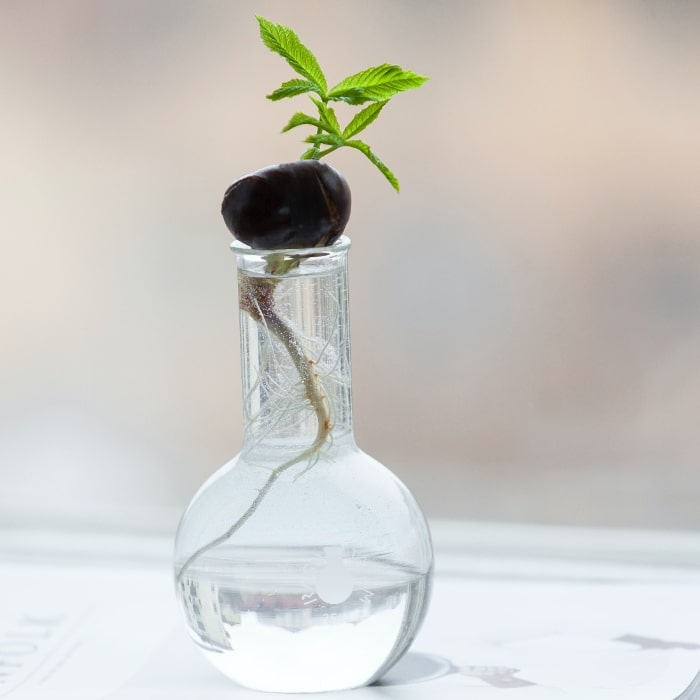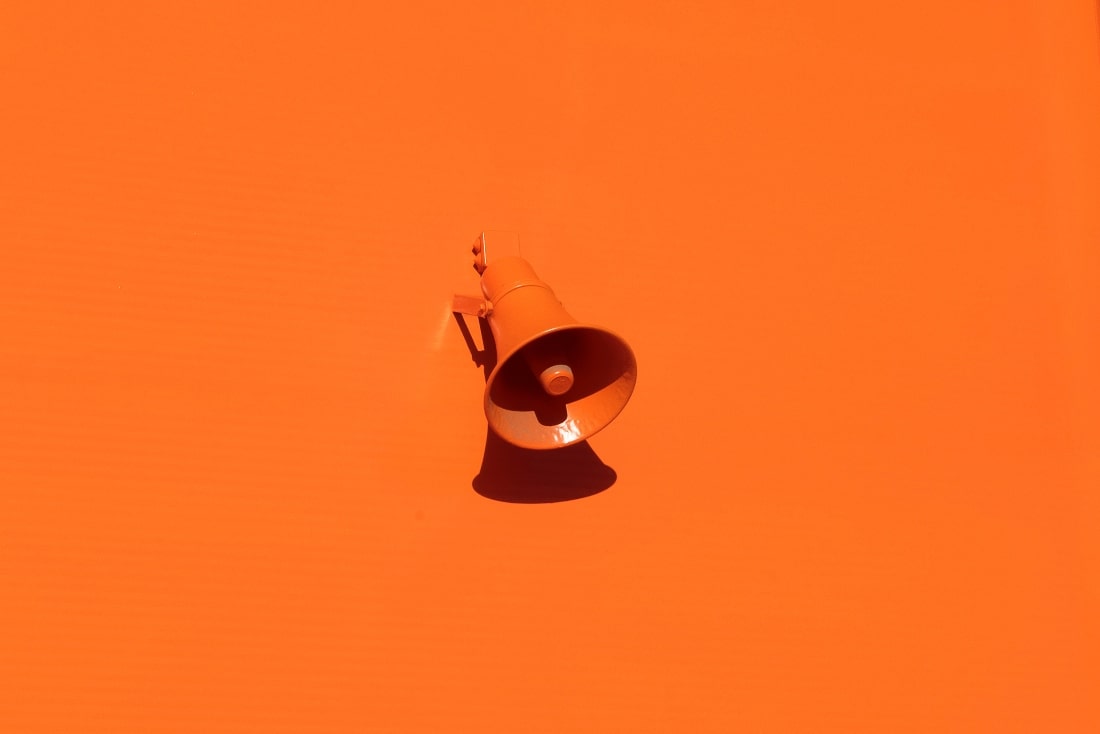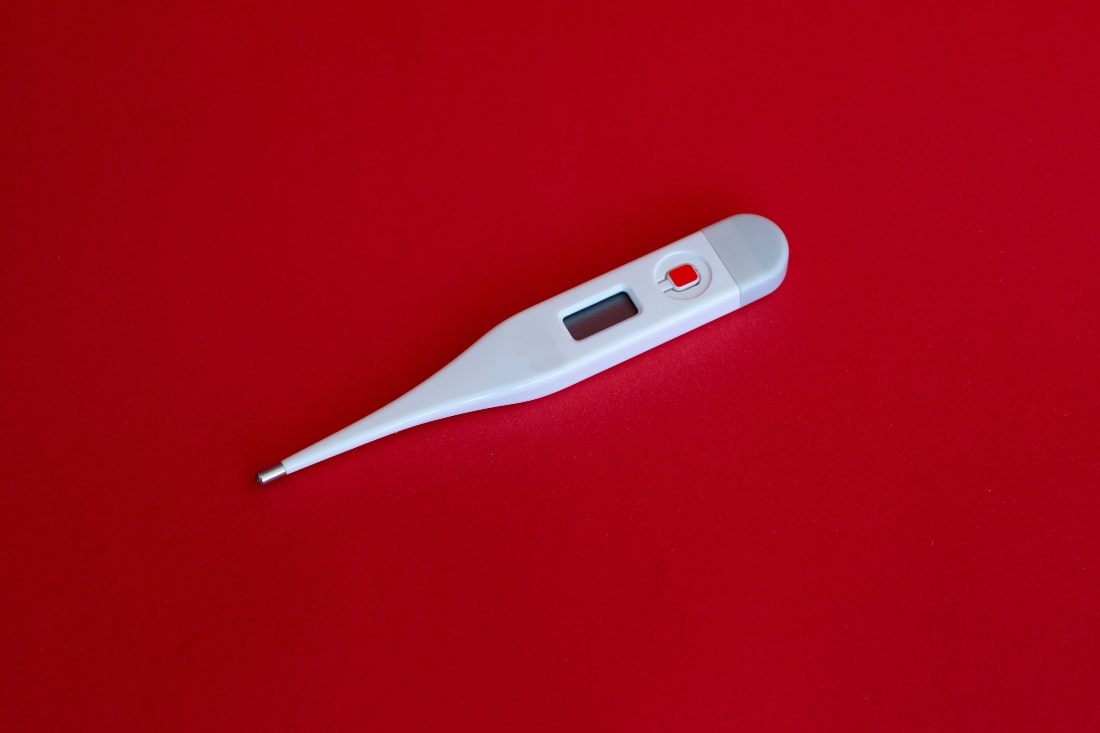So Maria, tell us a bit about yourself.
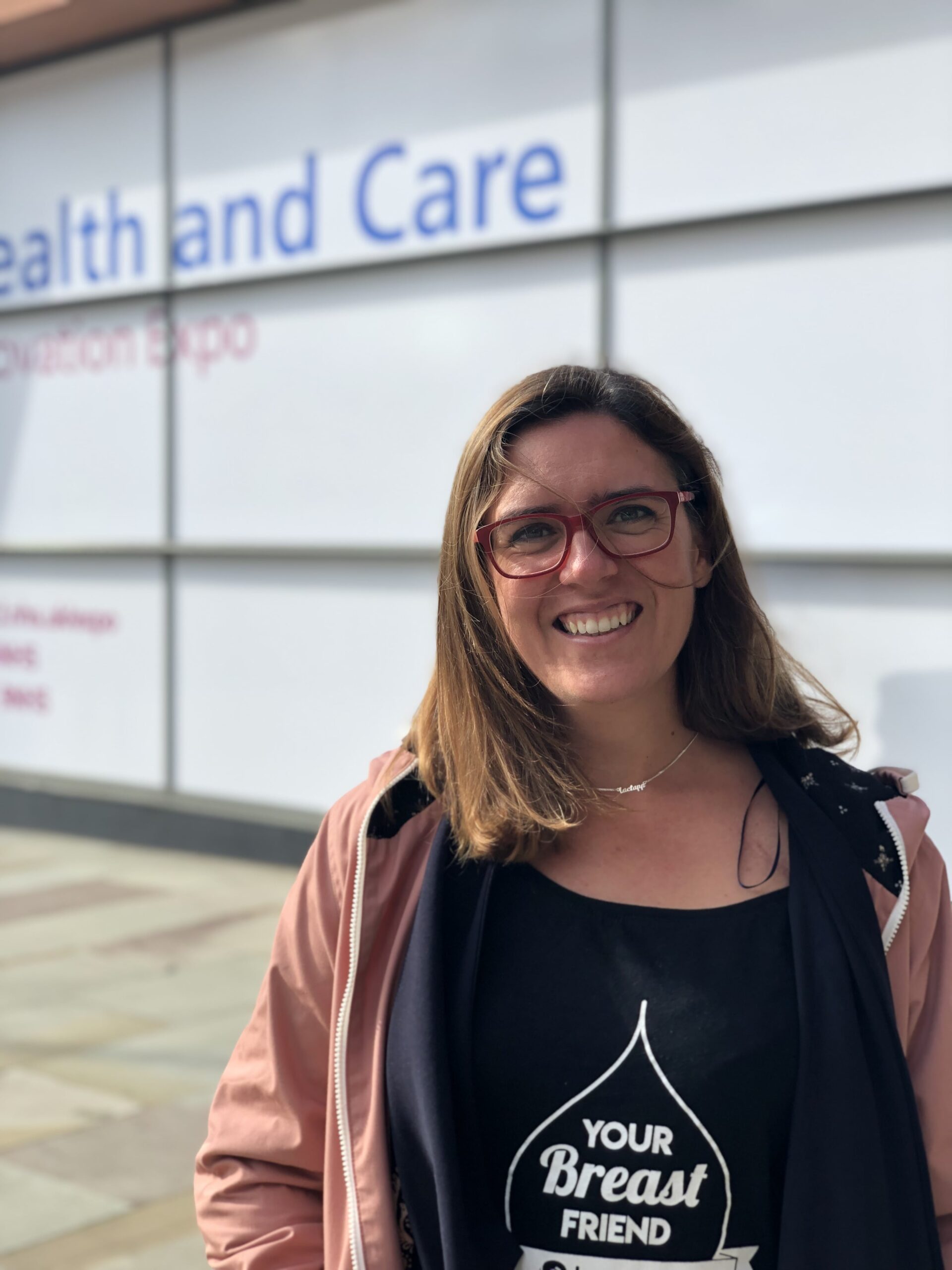
My name is Maria Berruezo, I have a communications degree and a master’s degree in information and knowledge management and I am the Co-Founder and COO of the women’s health startup LactApp.
I am a second-time entrepreneur as I previously founded a communications agency and now I coordinate all aspects of operations by leading a team of 15 professionals to develop groundbreaking AI technology in the field of maternity support.
Can you tell us a little more about LactApp?
LactApp is the first digital lactation consultant in your pocket that gives new mothers customised expert answers to breastfeeding and maternity questions by using AI technology. 23% of new mothers in Spain use our App along with thousands of others from 177 countries with nearly 500,000 users so far. We empower mothers with information and support to achieve the breastfeeding journey they desire and our goal is to improve their experience during this stage of motherhood and beyond.
At LactApp our priority is addressing the needs of individual mothers and leverage technological advances to provide the personalised information and support they seek.
LactApp is a care tool that serves in a highly customized and automatic way. We propose respectful options for all audiences, free of any judgement and bias and with the most affordable access possible for all mothers worldwide.
What motivated you to set up LactApp?
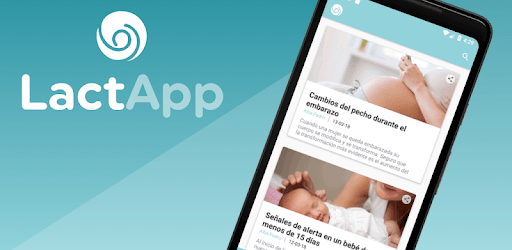
I have two children and its thanks to them and my experience with maternity that inspired me to start LactApp, my life project. I was a struggling first-time mum, but the difficulties I had with breastfeeding my first baby gave me the opportunity to meet incredible women.
When my second child was born I was already volunteering as a breastfeeding consultant in a local support group for mothers. When my baby was 5 weeks old, on the way to our association’s meeting, my baby and I were both run over by a car. Luckily, she was fine, but I was in the hospital for two months and I needed two years of rehab.
I know this sounds like a horrible story, but I actually feel very positive about this experience. When I returned home from the hospital, I managed to breastfeed my little girl again and was able to nurse for as long as we wanted.
This was thanks to the amazing support I had received from my family, friends and especially from my now Co-Founder Alba Padrò. Alba is the most experienced certified lactation consultant I know and is now an influencer and book author on the topic.
I felt so empowered by this experience and all the help I had been given, that I still feel the strength to give back to the community all I have received in this difficult time.
After I recovered, Alba and I had become very good friends and I saw her answering the breastfeeding support telephone helpline. I thought to myself that in this way she helps a few dozen mothers a day, but by using mobile technology we could help many more, exponentially more mothers. So we started with “downloading” her brain into an App and LactApp was born.
What are your dreams for LactApp?
I hope to see LactApp accompanying many more mothers in other countries all over the world and eventually reaching a great part of the over 100 million new mothers each year who initiate breastfeeding. Our AI will be able to scale quickly and efficiently and drive automation by keeping it personalized for every single mother.
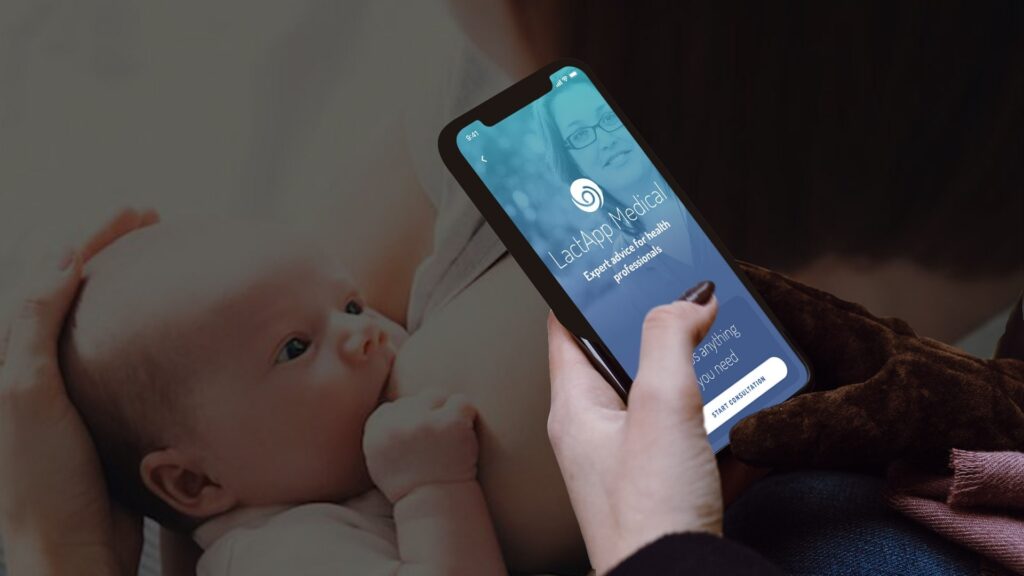
I also see LactApp advancing science in lactation by publishing many more studies. As a company, we will have developed patents and protected technology in form of intellectual property. I see LactApp collaborating with the worlds leading health systems as an important tool to improve the public health of the population.
The challenges will be the ones we already see, fundraising and access to finance, challenges to bring the topic of lactation and maternity on the agenda of top decision-makers in all big private and public institutions, and commit budget to maternity care in general.
But the opportunity for growth is huge because there is one thing we don‘t lack: the demand of new mothers for what we are offering and the rapid adoption and recommending power of happy users who feel respected.
Their opinion and satisfaction will ultimately drive growth encouraged by a lasting shift of society towards sustainable nutrition and increased focus on preventive health measures in the post-pandemic world.
What’s the most important lesson you have learned since starting your company?
There have been so many lessons we have learned in this time.
The main one is that there is no predefined path, and nobody really knows for sure what is the next best step to do. Everybody has an opinion, but the right path is still yours to create and the only way to know is to just try. If something does not work right away, learn, adapt, modify and try again.
What would you tell people who say FemTech raises issues that are private matters or worries only feminists have?
Worldwide well over 80% of women will also become mothers at one point in their lives. Innovations must be targeted and designed to finally put this part of the population in the centre. Anyone who doubts the necessity of FemTech innovations will agree that these target groups are certainly not a niche
The greater positive impact of these innovations on public health in general and in the level of happiness for the whole population will be felt at any level of society.
Menstruation, fertility, menopause, contraception, diseases that affect females in a disproportionate way, maternity and lactation can no longer be topics that need to stay in the private sphere, they need to be brought into public light and at the top of public health agendas, as they hold many keys to improve the challenges society is facing right now.
By improving these “private” aspects of female wellbeing, not only will physical health improve, but also the mental health of the overall population. The improved wellbeing of women and girls will ultimately have a very big impact on the wellbeing of all men and boys as well.

LactApp is part of FemTech Lab’s Spring 2021 Cohort. You can keep up to date with the latest updates via our news page.



